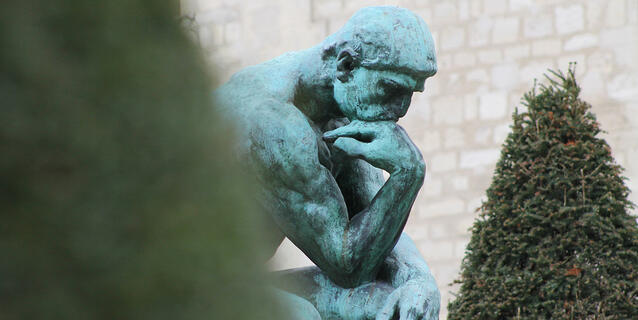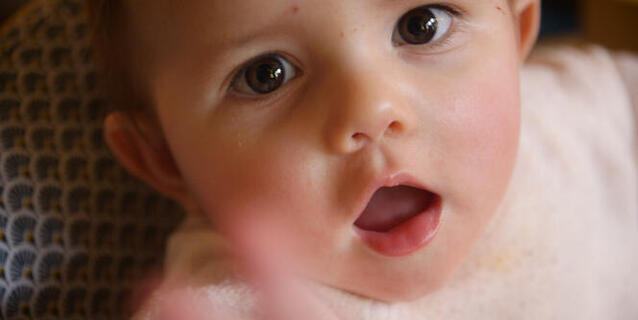 |
|
|
|
|
Investigating the origins of life
|
|
10.17.2023 |
|
Planetology
How do planets form? How did life emerge from lifeless matter? Does it exist elsewhere? These are just some of the questions that the multidisciplinary Origins programme will attempt to answer.
|
|
Read the article
|
|
|
|
|
|
|
|
|
|
Also this month
|
 |
|
|
|
Unlocking the secrets of marine genomes
|
|
10.10.2023 |
|
Marine biology Launched on 26 September, the ATLASea research programme will investigate marine biodiversity in mainland France and its overseas territories over a period of eight years. The aim is to collect as many organisms as possible in order to set up the world’s only marine genome bank. |
|
Read the article
|
|
|
|
 |
|
|
|
A brighter shade of red
|
|
10.26.2023 |
|
Archaeology The Natufian culture developed between 13,000 and 9,650 years ago in northern Israel, on the eastern coast of the Mediterranean. Recent discoveries suggest that these hunter-gatherers used red pigments of organic origin for the first time. |
|
Read the article
|
|
|
|
 |
|
|
|
Does thought have its own language?
|
|
10.04.2023 |
|
Interview How do our ideas, perceptions and emotions take form to produce a thought? To answer this question, researchers and philosophers are investigating the hypothesis of a specific language of thought. The psycholinguist Isabelle Dautriche offers a few explanations. |
|
Read the article
|
|
|
|
 |
|
|
|
Inside the mind of a baby
|
|
10.04.2023
|
|
cognitive sciences How does a baby’s mind work? They may be small, but from their very first moments, human beings are always absorbing information. And while they may not learn to stand up until they’re roughly a year old, they start to learn language much sooner. But how does a... |
|
Watch the video
|
|
|
|
 |
|
|
|
Amazing animal cultures
|
|
10.09.2023 |
|
Animal intelligence As this month saw the celebration of World Animal Day, more and more studies demonstrate the existence of animal cultures and social transmission within a given species. Discover another instalment from our series devoted to animal intelligence. |
|
Read the article
|
|
|
|
 |
|
|
|
Bringing Alsace's hamsters back from the brink
|
|
10.27.2023 |
|
Ecology European hamsters, declared critically endangered since 2020, have seen three quarters of their global population disappear in the past 50 years. Intensive cereal monoculture has been identified as one of the reasons for this decline. In the northeastern French region of Alsace, the only one where... |
|
Access the slideshow
|
|
|
|